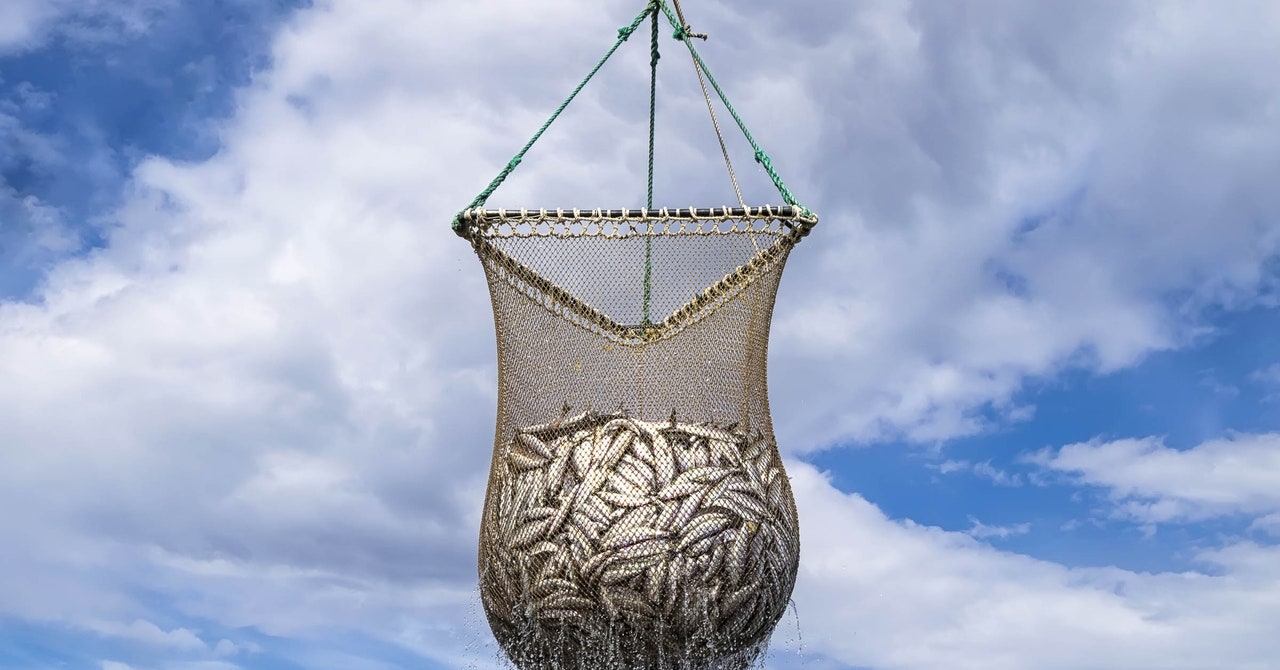The chaos begins at 5 o’clock. The markets open, the traders arrive and the auction floor is busy. For the next six hours, gambles, handshaking, and deals are struck in a wave of brinkmanship, shouting, and testosterone.
But this is not a Wall Street trading floor and the commodity is not a financial asset. Instead, the broth is of a different kind: fish. This is how fishermen auction their catch to primary processors who cut, dice and prepare seafood for wholesalers, the last-mile delivery companies that supply restaurants, fishmongers and supermarkets.
A patchwork of 140,000 companies makes up the European fish market, which trades more than €140 billion (about $148.5 billion) worth of fish each year. Despite those high numbers, it is an industry that is mainly offline and resistant to disruptions; next to phone calls and emails, perhaps the biggest use of technology is the occasional WhatsApp message to a close contact in a fish buyer’s network.
Edinburgh-based Rooser is starting to change that. The B2B seafood trading platform connects buyers and sellers – the primary processors who supply the fish to wholesalers who demand it – in 13 European countries. After his frustrations opening a seafood factory in Aberdeenshire, Joel Watt founded the company in 2019 with Nicolas Desormeaux, Erez Mathan and Thomas Quiroga. “You have 35,000 different kinds of seafood products that come from nothing but human emotion, with no central pricing information,” Watt explains. “It’s professional gambling: buying a pile of fish in the hopes of selling it quickly — it’s easy to go wrong.”
In the fishing frenzy overtaking the supply chain — from the ocean to the ice-cold boxes at auction to the trucks that carry the goods across the country and finally to the plate — a piece of fish can change hands seven times. The clock is ticking throughout the process: traders are trading with a depreciating asset. “You have up to three days to move the fish, or you’re dead,” says Desormeaux, an experienced commercial fish buyer in the French port city of Saint-Malo, Brittany. “If the truck leaves at noon, you have to wait until the next day. The longer you take, the greater your price-per-kilo losses become.”
Mistakes are inevitably made in the daily hustle and bustle. Watt and Desormeaux strive for Rooser to take the guesswork out of the fish business. “I remember one Saturday night sitting on a harbor wall looking through my contacts trying to sell 10 tons of mackerel that I accidentally bought,” says Watt. “Without a communication channel linking everyone in the chain, you could overpay for sort of the Scottish market, but then the price will plummet once the Danish catch comes in, and suddenly you can’t sell anymore.” Brexit has made the supply chain even more complex. “It has introduced layers and layers of paperwork, creating more friction when moving fish between the EU and the UK,” says Watt.
A centralized marketplace doesn’t just benefit fishmongers. Watt says that for every two pieces of fish consumed, one never makes it to the plate. By making all information available in real time, panic buying is reduced, sales are faster and less fish is wasted. “It passes the shelf life to the end consumer,” says Watt. “We are the scoreboard in the middle of the process, so that anyone who wants to buy the fish can do so at the right price. Instead of your team being on the phone all day selling, you can now load all information in one place, from one-to-one sales to one-to-many.”

